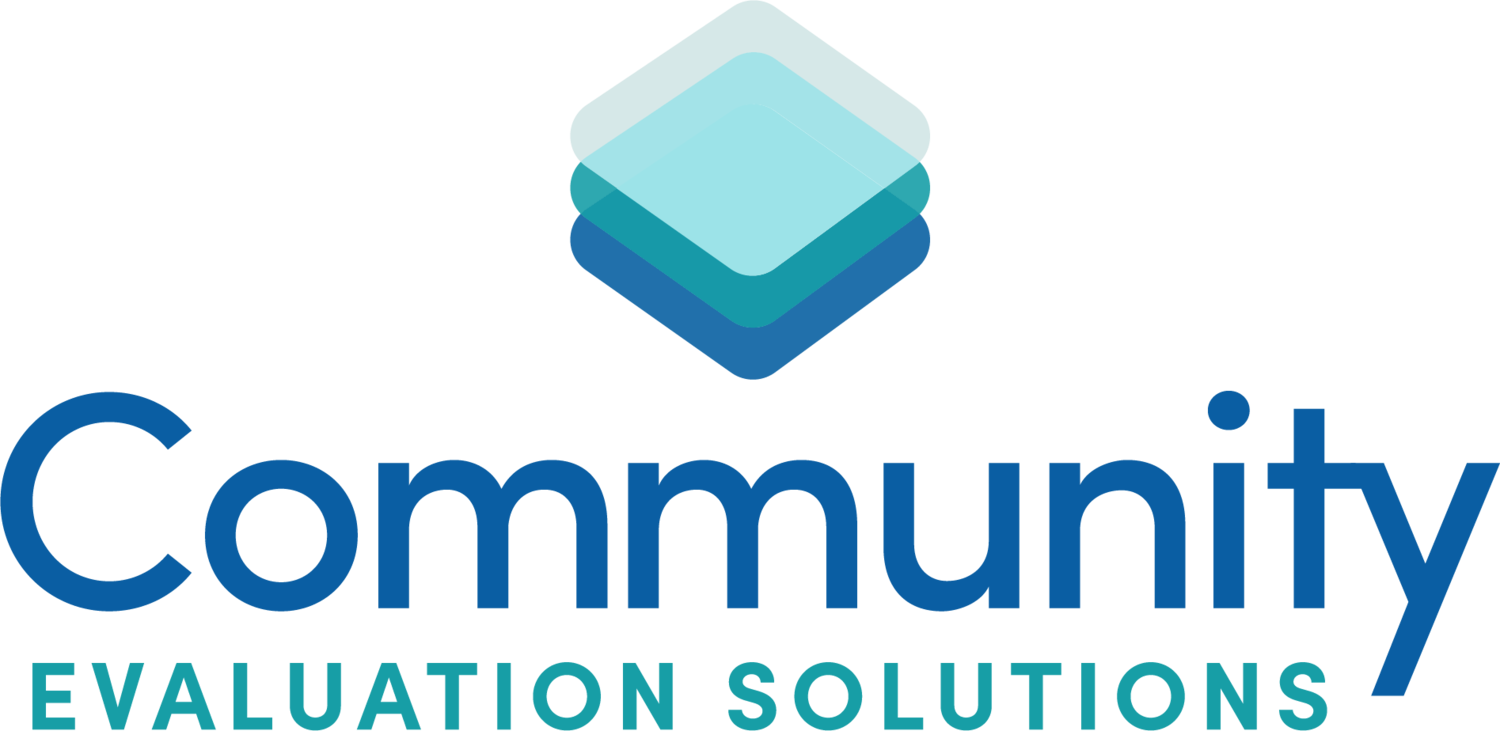7 Signs Your Evaluation Isn’t Working
My younger, thinner self could eat a Snicker’s candy bar every day and never gain a pound.
These days, I look at a carb and pack pounds.
Am I alone?
For many years WW has been my go-to weight loss plan.
And as they say in 12-step programs, ‘It works if you work it.’
The problem is most of the time I don’t work the plan.
Evaluation plans can be like that too.
Maybe your nonprofit or coalition has a logic model and evaluation plan and you still aren’t making progress.
Are you working your plan, or is something else going on?
Here are 7 signs your evaluation isn’t working.
1. You can’t explain your logic model or theory of change in your own words. Hopefully you worked with your community and an evaluator to develop your plan. Whether you developed it in house (totally fine) or had help, you need to be able to explain your way of thinking (your “theory of change”) to the world. If you or your staff can’t, you won’t be able to articulate to others your vision and inspire them to join your cause.
2. Your data collection system is empty. Hopefully, you have a simple but adequate data collection system that helps you organize the most important data. (If you don’t, let’s talk). Maybe it even automatically updates graphs or dashboards (bonus points!). But if you have one, and it’s not being used, ask yourself why? See point #3.
3. Your nonprofit or coalition doesn’t have staff with the capacity to carry out the evaluation plan. It might be that the people responsible for data collection need some basic training on your spreadsheet. Maybe they don’t see it as a priority and you as a leader need to communicate the why. Maybe they weren’t involved in the design of the evaluation and data collection process in the first place and so are resistant to the process for a multitude of reasons. Sometimes, staff are afraid they will look bad if the numbers don’t meet target goals.
4. Your organization can’t analyze and synthesize the data to understand, learn, and to make decisions. Sometimes, organizations have the capacity to collect data and do a great job. What they lack is the ability to pull it all together. Ideally, you are collecting both quantitative and qualitative data. As I have mentioned before, analyzing quantitative data is often fairly simple, but synthesizing (aka “tri-angulating” data) using both quantitative and qualitative data is another thing altogether. You might need some outside guidance to help do this.
5. Your evaluation questions don’t inspire. Many people ask simple performance measures or process evaluation questions. Did we reach X number of people? Are all 12 sectors our funders require represented in our community coalition? Yes, these are important questions, but these types of questions don’t inspire curiosity and learning.
6. You aren’t using changing the systems that uphold the outcomes you are trying to change. It’s just too easy to only look at the individual causes of behavior. Call me biased, but to make significant changes in your community, you need a public health approach to prevention and intervention. Working with someone outside your community with training in systems perspectives and community change can help your nonprofit or coalition look at your work through a new lens.
7. You can’t tell a compelling and true data story. Maybe your organization collects data and can even analyze it but creating compelling data visualizations is a skill no one in your organization possesses. Perhaps you need some help using your data to communicate to your many audiences. There are so many ways to use your data. Annual Reports, infographics, dashboards, success stories are all possibilities that consultants can help you design
Feeling stuck?
You just need a process that works for you and your organization. Let’s talk.
Ann
P.S. My new and improved Nonprofit Evaluation Capacity Self-Assessment Tool can help you find where you are stuck.

